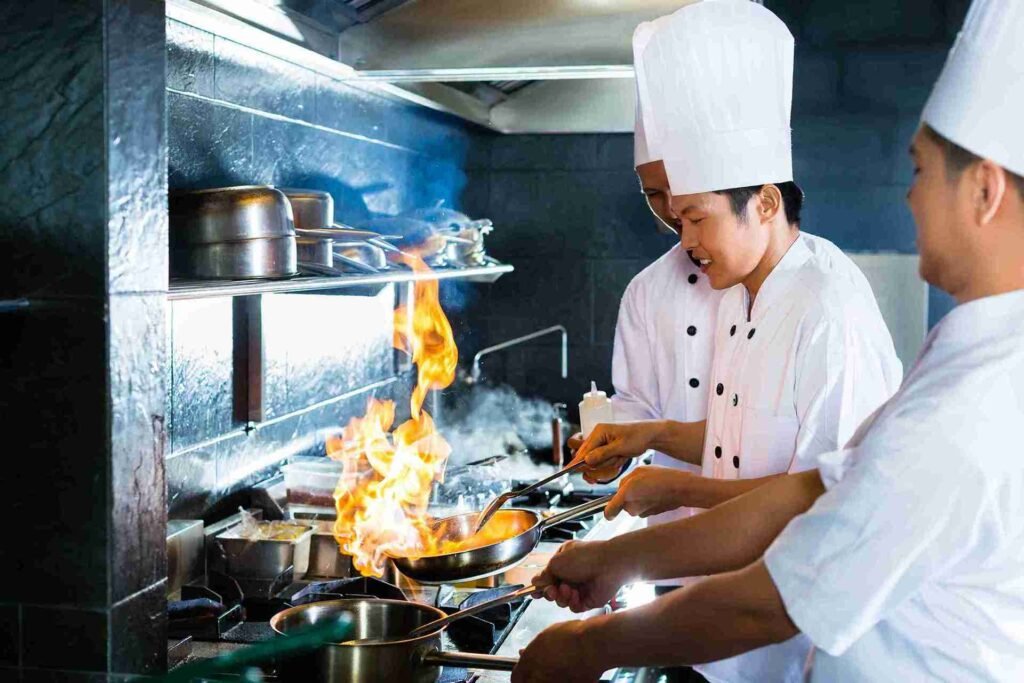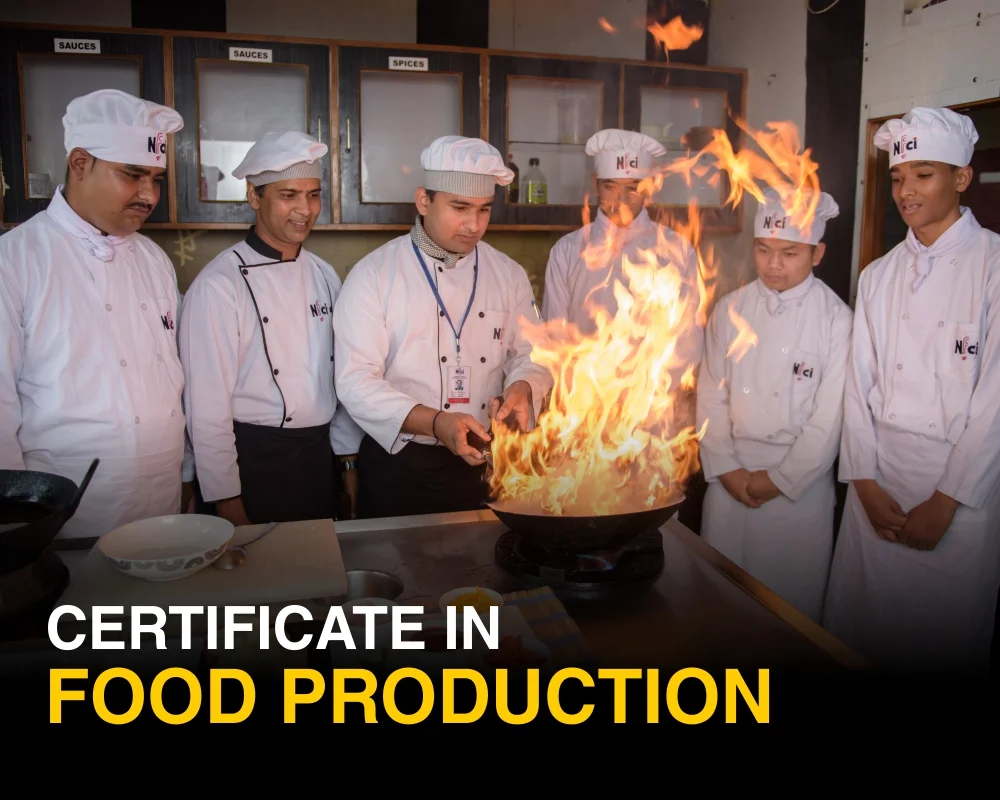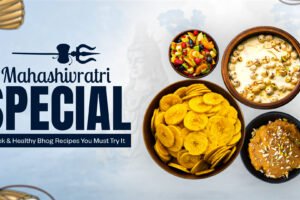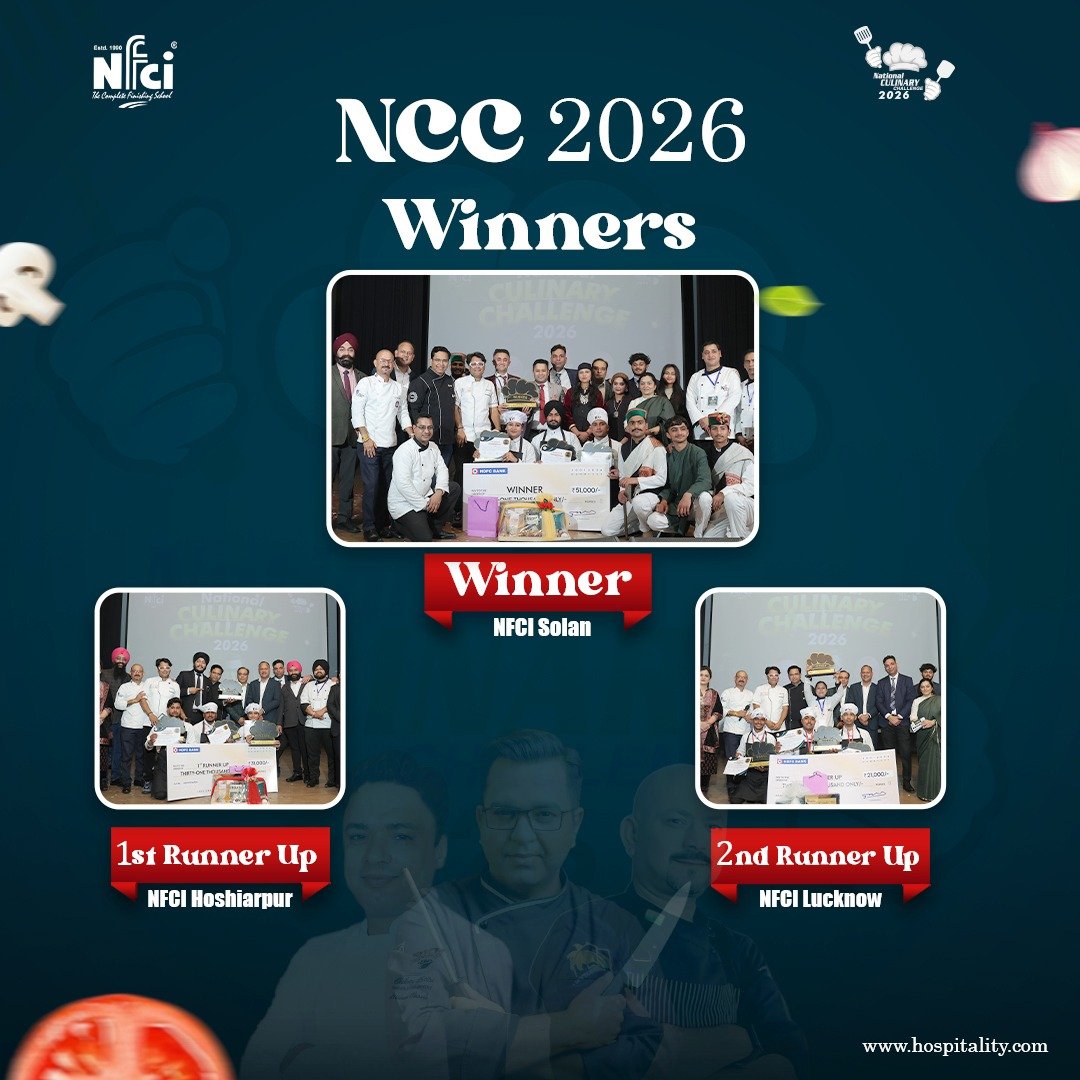
What is Food Production? | NFCI Hospitality
The tourism and hospitality sector globally are the most evolving industry ever however, there is a scarcity of skilled professionals, which has led to a high demand for trained food production professionals in the industry.
The demand for a culinary workforce in luxury restaurants, dining establishments, or top catering services, who can handle kitchen operations smoothly and deliver memorable guest experiences, is increasing day by day. To understanding the fundamentals are essential to choose the right institute that aims for a successful career in hospitality.
In this blog, we’ll explore why food production plays such a vital role in the hospitality industry, its scope and how you can step into this thriving field with the right training.
Understanding Food Production – Heart of the Culinary Industry
As the title suggests ‘Food Production’, refers to the preparation, cooking, presentation, and management of food.

It is crucial to use a systematic approach to creating memorable guest experiences. The process includes selecting ingredients, mixing and cooking them, and transforming them into a final dish, which is then served to the customer while ensuring proper hygiene.
Efficient food production ensures that meals are not only delicious but also safe, consistent, and cost-effective. Whether in hotels or on cruise lines, it plays a vital role in the culinary and hospitality sector, directly impacting customer satisfaction, brand reputation, and overall business growth.
Key Elements of Food Production

To gain a better understanding of it, let’s learn its fundamental components:
- Menu Planning:
The first step in food production that involves designing menus based on the nutritional value, customer’s preferences, seasonality, and cost. To help kitchen staff and chefs in handling Kitchen Operations smoothly in day to day task require well-designed Menu Planning.
- Pre-Preparation:
This includes some steps before the actual cooking starts such as washing, chopping, marinating, measuring, and organizing ingredients. A streamlined pre-prep process is key to saving time and maintaining a smooth workflow in fast-paced kitchen environments.
- Cooking Techniques:
Cooking is an essential part and is known as the backbone of food production. Baking, grilling, steaming, and frying are some of the techniques. Every chef must know which cooking technique is best for a particular dish.
- Plating and Presentation:
In the culinary world, how a dish is visually presented is as important as its taste. Effective plating and presentation skills cover arranging food aesthetically on a plate and adding garnishes to enhance its charm. A well-presented dish captures the customer’s attention and provides a memorable dining experience.
- Food Safety & Hygiene:
Food safety and hygiene are mandatory for any kitchen professional. It is necessary to handle ingredients safely, keep utensils and kitchen surfaces clean and sanitized, and adhere to proper storage practices to avoid contamination. All kitchen staff must follow strict sanitation procedures.
Food Production Vs Cooking Courses
|
Aspect |
Cooking Courses |
Diploma in Food Production |
|
Focus |
Specific recipes or cuisines |
End-to-end kitchen management |
|
Duration |
Short-term |
6 months to 1 year |
|
Outcome |
Hobby or basic skills development |
Job ready expertise for culinary career |
|
Career Path |
Limited |
Broader (Hotels, Cruise, Entrepreneurship) |
A structured diploma in food production ensures that you gain extensive knowledge and culinary skills, which will set you apart in a competitive job market.
Career Opportunities in Food Production
Opting for a diploma in food production may result in a wide range of career options such as:
- Commis Chef assists senior chefs in kitchen operations
- Line Cook or Station Chef in high-volume restaurants.
- Production Chef in cruise ships or large-scale catering.
- Kitchen Supervisor overseeing brigade operations.
- Food Entrepreneur, launching your cloud kitchen or bakery.
Take the next step with NFCI!
The National Finishing and Cookery Institute (NFCI) offers a Certificate in Food Production, affiliated with the prestigious AHLEI (American Hotel & Lodging Educational Institute).
Why choose NFCI for Certification in Food Production?
- Expert-led Training: Learn knowledge from industry professionals in modern kitchen labs.
- Hands-On Learning: Practice and apply skills in real-world food production.
- 100% Placement Support: Launch your career in star hotels and top restaurants.
Admissions Open at NFCI – Apply Now to secure your seat and transform your passion for food into professional excellence!






